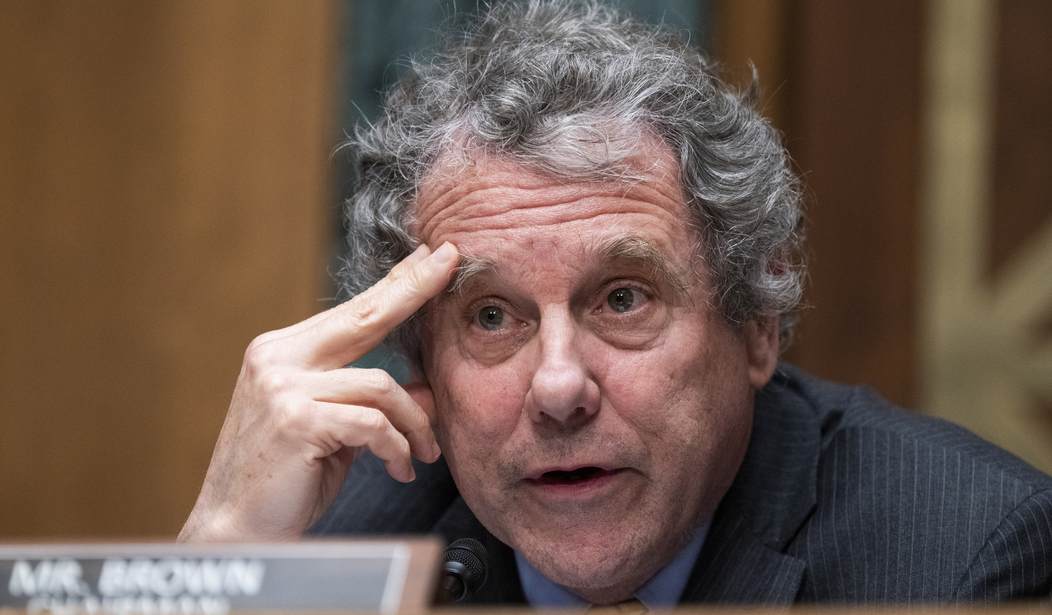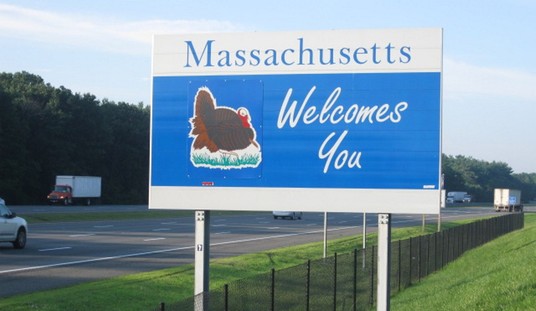Even some Senate Democrats are rejecting parts of Joe Biden's radical environmental agenda.
The Senate passed a resolution on Wednesday voting down an important aspect of the Biden administration's efforts to force the transition to electric vehicles (EVs).
In a 53-47 vote, Democratic Sens. Joe Manchin of West Virginia, Sherrod Brown of Ohio, and Jon Tester of Montana joined Republicans in blocking a rule aimed at reducing the number of gas-powered cars on America’s roads. Independent Sen. Krysten Sinema also supported the measure.
Politico reported:
The regulation from the Federal Highway Administration, Reg. 2125-AF99, required state transportation planners to calculate greenhouse gas emissions related to highway use and set targets for reducing that pollution. The rule gave states leeway to set targets and imposed no penalties for not meeting them.
But two different federal judges in recent weeks have ruled against the regulation. A judge in Texas in late March found that the rule exceeded FHWA’s statutory authority and issued a nationwide injunction. And last week, a judge in Kentucky similarly concluded that the rule was overreach.
Sadly, Joe Biden still has the power to veto the measure, even if it passes the House. In a statement, the White House described it as a "common-sense, good-government tool for transparently managing transportation-related GHG emissions and informing transportation investment decisions."
REPORTER: "The first quarter of this year, Ford lost $700 million on their EV program...Is that what we can expect from Bidenomics?"
— Daily Caller (@DailyCaller) June 27, 2023
DEPUTY PRESS SECRETARY: "Bidenomics is having a tremendous impact." pic.twitter.com/eLUBKkg9XM
Regardless of Biden's willingness to use the veto pen, the entire EV industry remains in serious difficulty as many companies lay off workers and lower their production targets in response to sluggish demand.
Just this week, Gallup released a poll that made grim reading for advocates of the EV transitions. Although owners of EVs have indeed increased, the number of people interested in buying one is on the decline:
Seven percent of Americans, up from 4% a year ago, report that they own an electric vehicle. That increase is matched by an equal decline in the percentage saying they are seriously considering buying one, from 12% to 9%.
Meanwhile, fewer Americans -- 35%, down from 43% in 2023 -- say they might consider buying an EV in the future. Thus, even as some people have moved ahead with their intent to buy an EV in the past year, public demand for the cars has contracted.
Overall, less than half of adults, 44%, now say they are either seriously considering or might consider buying an EV in the future, down from 55% in 2023, while the proportion not intending to buy one has increased from 41% to 48%.
Meanwhile, the Biden administration has also been quietly scaling back plans after realizing their plans to achieve a complete transition within the next decade is completely unrealistic.
In February, The New York Times revealed that the White House was privately admitting defeat on many of their EV production targets as part of an election-year "concession" to automakers and labor unions. Formal details of their plan have yet to be announced.















Join the conversation as a VIP Member